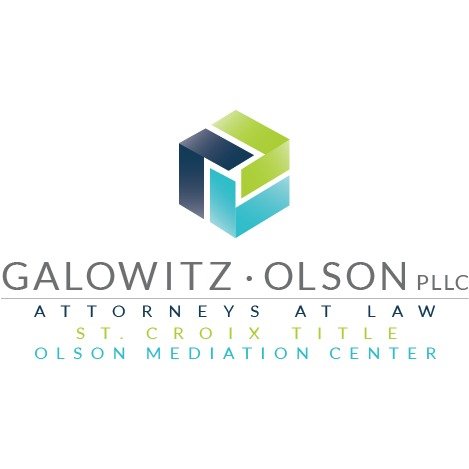Best Patent Lawyers in Lake Elmo
Share your needs with us, get contacted by law firms.
Free. Takes 2 min.
List of the best lawyers in Lake Elmo, United States
About Patent Law in Lake Elmo, United States
Patent law in Lake Elmo, United States governs the protection of new inventions or technological advancements. A patent grants exclusive rights to the inventor, preventing anyone else from making, using, or selling the patented invention without the inventor's permission. Patents encourage innovation by providing inventors with legal protection and the ability to profit from their creations.
Why You May Need a Lawyer
Seeking legal assistance from a patent lawyer in Lake Elmo, United States may be beneficial in various situations:
- If you have invented a unique product or technology and want to protect it from being copied or used without your permission.
- If you believe someone has infringed on your patent rights and you want to take legal action.
- If you need guidance in navigating the complex patent application process to ensure your invention receives the necessary legal protection.
- If you want to conduct a thorough patent search to ensure your invention is truly novel and not already patented by someone else.
- If you are facing a patent dispute or litigation and require legal representation to defend or enforce your rights.
Local Laws Overview
In Lake Elmo, United States, patent law is primarily governed by federal statutes and regulations. However, it's important to consider local laws that may impact patent-related matters, such as:
- Local patent filing requirements and procedures
- Specific rules regarding patent licensing and assignment
- Potential jurisdiction-specific considerations for patent disputes and litigation
Frequently Asked Questions
1. Can I patent my invention myself?
Yes, individuals can file patent applications on their own. However, the process can be complex, and it is advisable to seek guidance from a patent lawyer to ensure that all requirements are met and your invention is adequately protected.
2. How long does a patent last?
In general, utility patents (for inventions or discoveries) last for 20 years from the date of filing, while design patents (for new, original, and ornamental designs) last for 15 years from the date of grant.
3. What can be patented?
Patents are granted for new and useful processes, machines, manufactures, or compositions of matter. In some cases, certain types of software, business methods, or plant varieties may also be eligible for patent protection.
4. How much does it cost to obtain a patent?
The costs associated with obtaining a patent vary depending on factors such as the complexity of the invention, the type of patent, and legal fees. It is advisable to consult a patent lawyer who can provide a more accurate cost estimate based on your specific circumstances.
5. What should I do if someone infringes on my patent?
If you believe someone is infringing on your patent, it is important to consult with a patent lawyer immediately. They can help determine the best course of action, such as sending a cease and desist letter, negotiating a licensing agreement, or pursuing legal action through litigation.
Additional Resources
For further information and assistance regarding patent law in Lake Elmo, United States, you may find the following resources helpful:
- United States Patent and Trademark Office (USPTO) - www.uspto.gov
- Minnesota Inventors Congress - www.minnesotainventorscongress.org
- American Intellectual Property Law Association (AIPLA) - www.aipla.org
Next Steps
If you require legal assistance or advice in the field of patent law in Lake Elmo, United States, it is recommended to schedule a consultation with a patent lawyer. They will evaluate your specific situation and provide guidance tailored to your needs.
Lawzana helps you find the best lawyers and law firms in Lake Elmo through a curated and pre-screened list of qualified legal professionals. Our platform offers rankings and detailed profiles of attorneys and law firms, allowing you to compare based on practice areas, including Patent, experience, and client feedback.
Each profile includes a description of the firm's areas of practice, client reviews, team members and partners, year of establishment, spoken languages, office locations, contact information, social media presence, and any published articles or resources. Most firms on our platform speak English and are experienced in both local and international legal matters.
Get a quote from top-rated law firms in Lake Elmo, United States — quickly, securely, and without unnecessary hassle.
Disclaimer:
The information provided on this page is for general informational purposes only and does not constitute legal advice. While we strive to ensure the accuracy and relevance of the content, legal information may change over time, and interpretations of the law can vary. You should always consult with a qualified legal professional for advice specific to your situation.
We disclaim all liability for actions taken or not taken based on the content of this page. If you believe any information is incorrect or outdated, please contact us, and we will review and update it where appropriate.








